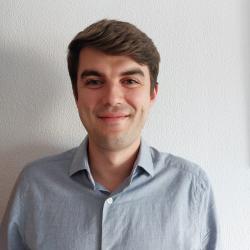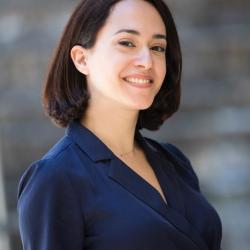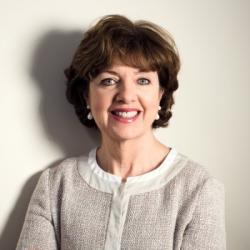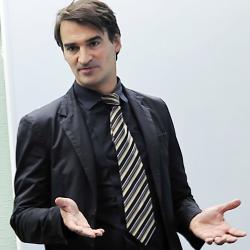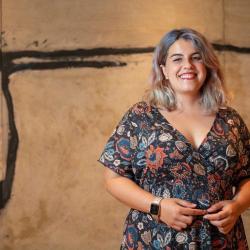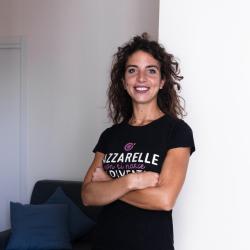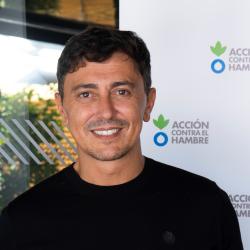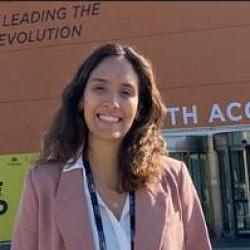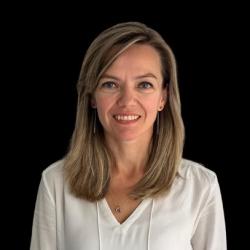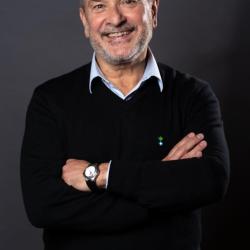What is the European Event?
The European Event, or the European Forum on Inclusive Employment and Entrepreneurship, organized by the European Network of Innovation for Inclusion of Acción contra el Hambre, is an annual date that brings together national and European experts in the field of social innovation.
The 12th European Forum on Inclusive Employment and Entrepreneurship is an inspiring space in which to learn about European priorities in innovation to generate a more inclusive social and labor ecosystem.
This meeting recognizes and shares best practices in inclusive employment and entrepreneurship from all over Europe and facilitates the meeting of key actors, favoring collaboration and networking.
Register now!
EVENT AGENDA
-
Ignacio Bolea Jover, Deputy Assistant Director of Social Services of the General Directorate of Family Diversity. Ministry of Social Rights, Consumption and Agenda 2030
-
Olivier Longué, Director General of Action Against Hunger
-
Luis González Muñoz, Director of Technical Engineering and Social Action Spain of Action Against Hunger
- Nerea Luis Mingueza, Consultant and advisor in Artificial Intelligence
-
Itziar Moreno, Co-director at Agirre Lehendakaria Center (ALC)
-
Karel Herman Haegeman, researcher at the Joint Research Center, science and knowledge service of the European Commission
-
Madeleine Clarke, Advisor and Consultant. Founder and former Executive Director of Genio (Ireland)
- Alicia García-Madrid, Manager of European programs of social and labor inclusion in Action Against Hunger
Winning good practice in socio-labor inclusion
-
Anna Maria Giordano, Project manager at Social Cooperative Lazzarelle (Naples, Italy)
Winning good practice in inclusive entrepreneurship
-
Lien Warmenbol, executive director and co-founder of #SheDIDIT (Antwerp, Belgium)
Awards Ceremony
-
Laura Melo Amaro, Content & Data Co-Coordinator, Energy Transition Careers Compass at the European Youth Energy Network (Brussels, Belgium)
- Ioanna Panagaki, Academy Officer Responsible for Refugee Women Academy project at Odyssea (Athens, Greece)
-
Lina Klemkaite, Executive Director of DRAMBLYS (Albacete, Spain)
- Luis García Deber, director of Ronsel Foundation (A Coruña, Spain)
- Miquel de Paladella, CEO Upsocial
Speakers
LAST EDITIONS
Since 2012 Action against Hunger has organized this annual event as the inclusive employment and entrepreneurship forum in order to promote the social inclusion of people at risk of exclusion, especially long term unemployed, young people, women and people with migrant background.
Award Ceremony
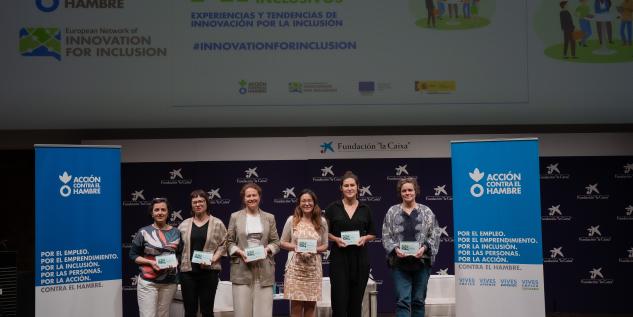
11th European Forum on Inclusive Employment and Entrepreneurship
Experiences and trends in Innovation for Inclusion
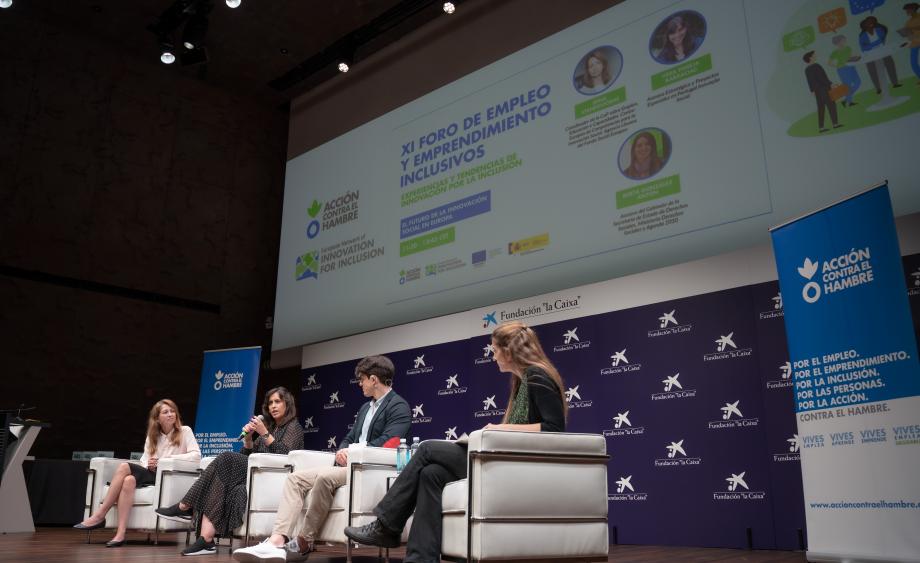
On June 9, 2023, the 11th European Forum on Inclusive Employment and Entrepreneurship took place in Madrid with livestreaming through our Youtube channel.
At the event, which welcomed representatives from various Spanish and European institutions involved in public social policies, the keys to financing projects related to employability, entrepreneurship and inclusion were shared, detailing financial instruments such as the European Social Fund Plus (ESF+), and its new programming period, such as the grants that are managed from the Ministry of Social Rights and the 2030 Agenda.
The Forum also addressed the future implementation, both in Europe and in Spain, of the Competence Centers for Social Innovation - centers in the Member States of the European Union for knowledge and capacity building, to support innovation projects so that they make themselves known, creating synergies - that will help social organizations to program and carry out actions in this area. Since this center has been designed to be a reality in our country in the coming years, the proposal for its implementation by the Ministry of Social Rights and Agenda 2030 was advanced, and in what way it will benefit these entities.
WATCH THE EVENT
If you missed the 11th Forum or would like to revisit the key moments, you can watch the recording on YouTube.
11th Forum
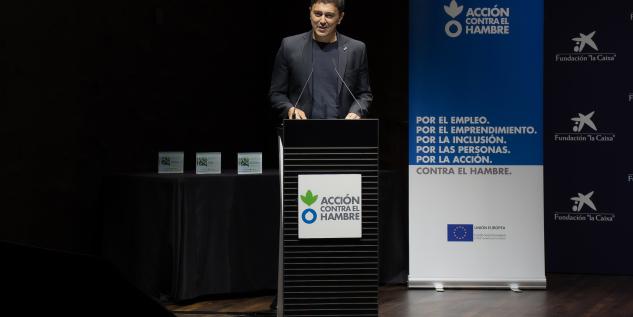
11th Forum
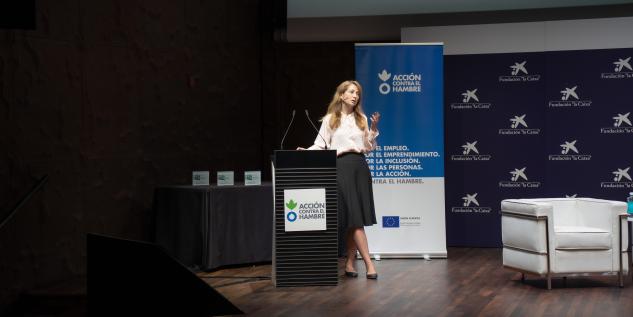
11th FORUM: RESOURCES
You can download the agenda, dossier, and presentation (both in English and Spanish).
11th FORUM
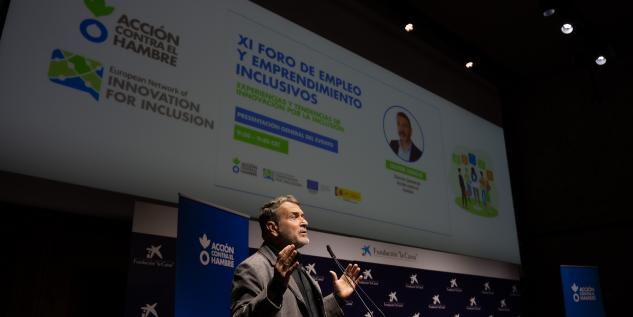
#INNOVATIONFORINCLUSION
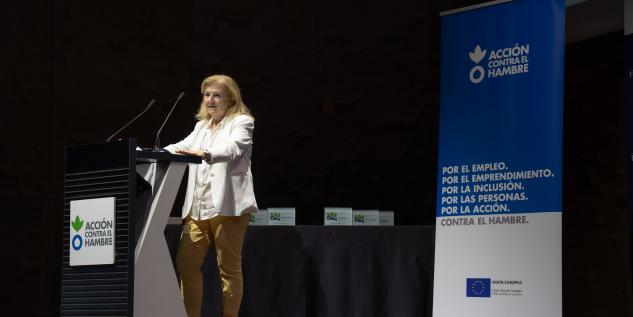
Highlights from the 10th European Forum on Inclusive Employment and Entrepreneurship
Cooperation ecosystems and food security as key elements to foster socio-labour inclusion
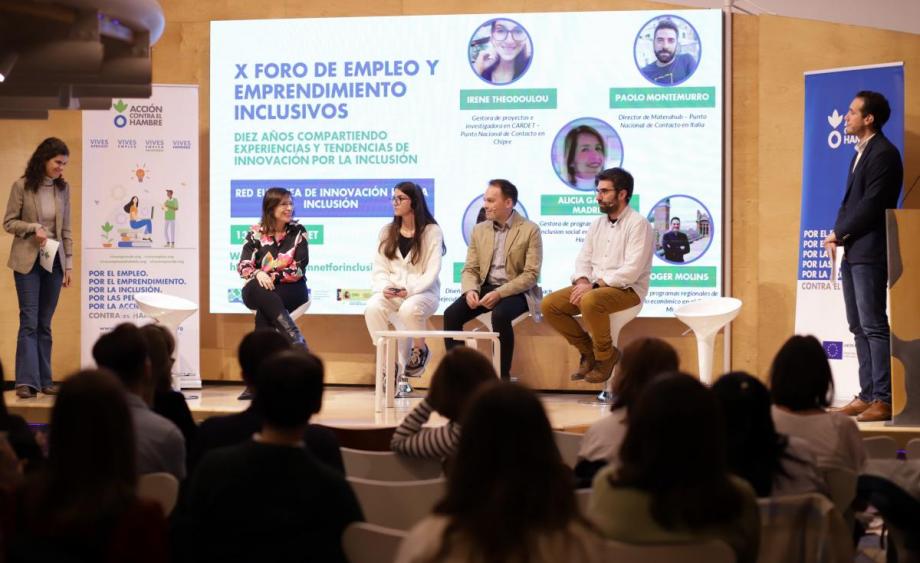
Last November 3rd, 2022, the European Network of Innovation for Inclusion together with Acción contra el Hambre celebrated the 10th Forum of Inclusive Employment and Entrepreneurship in Madrid. This gathering, in which experts in employment and entrepreneurship participated, highlighted the need to address, through different social spheres, public entities and companies, issues such as the health-employment binomial or the importance of ecosystems to promote cooperation and collaboration in social innovation. These topics were discussed as key elements to improve the impact on vulnerable groups and enhance their access to employment and entrepreneurship opportunities.
The CEO of Acción contra el Hambre, Olivier Longué, emphasized how “the multiple crises we are currently facing underline the need to foster collaboration between entities in order to keep thinking, devising and innovating for social inclusion". Drawing on this idea of interconnectedness and innovation, the General Director of Open Government and Social Innovation at the Government of Aragón, Raúl Oliván, highlighted the importance of placing social innovation “in a pivotal position within the current political system and linking it to the social contract. We must understand that social innovation cannot be a magical seed, but rather a systemic one, and needs long-term involvement of key actors”.
Pilar Martínez, Sustainable Food Programme's Manager at Fundación Daniel y Nina Carasso, together with Claudia Rocío Magaña, researcher at the University of Barcelona, directed the discussion towards new food security approaches and health practices, stressing how “food security goes beyond mere economic access to food products and includes broader aspects such as education or physical access to products”. Additionally, they encouraged all attendees to innovate, think and imagine through the ecological transition process.
During the presentation of her research study “Feeding a sustainable future”, Claudia Magaña put forward some relevant figures, like the fact that 13% of Spanish households experience some type of food insecurity. She also stressed how "understanding why these households cannot access sustainable, adequate and decent food" is the first step that needs to be taken in order to fulfil people’s right to food security. In her speech, she also recalled the value of measurements, since "what cannot be measured is difficult to manage”, and “in order to design effective solutions that tackle food insecurity, we ought to know the scope of the problem”
In a similar vein, Noemi López, Researcher at the Research Group in Nutritional Epidemiology (EPINUT-UCM) at the University Complutense of Madrid, explained the work she undertakes jointly with Acción contra el Hambre in the promotion of the healthy life approach as a driver for employability, entrepreneurship and health. “Job insecurity increases the risk of suffering from food insecurity and, at the same time, health also conditions access to employment. It is a bidirectional relationship between health and employment”, the researcher claimed.
Finally, the event finished with an award ceremony to the winning and finalist entities of the VI Call for Good Practices on Inclusive Employment and Entrepreneurship. The awarded organizations were Monaliiku, Plan International Spain, Ingeus, APID – Imprendirotialià Donna, Cyprus Energy Agency and KMOP.
